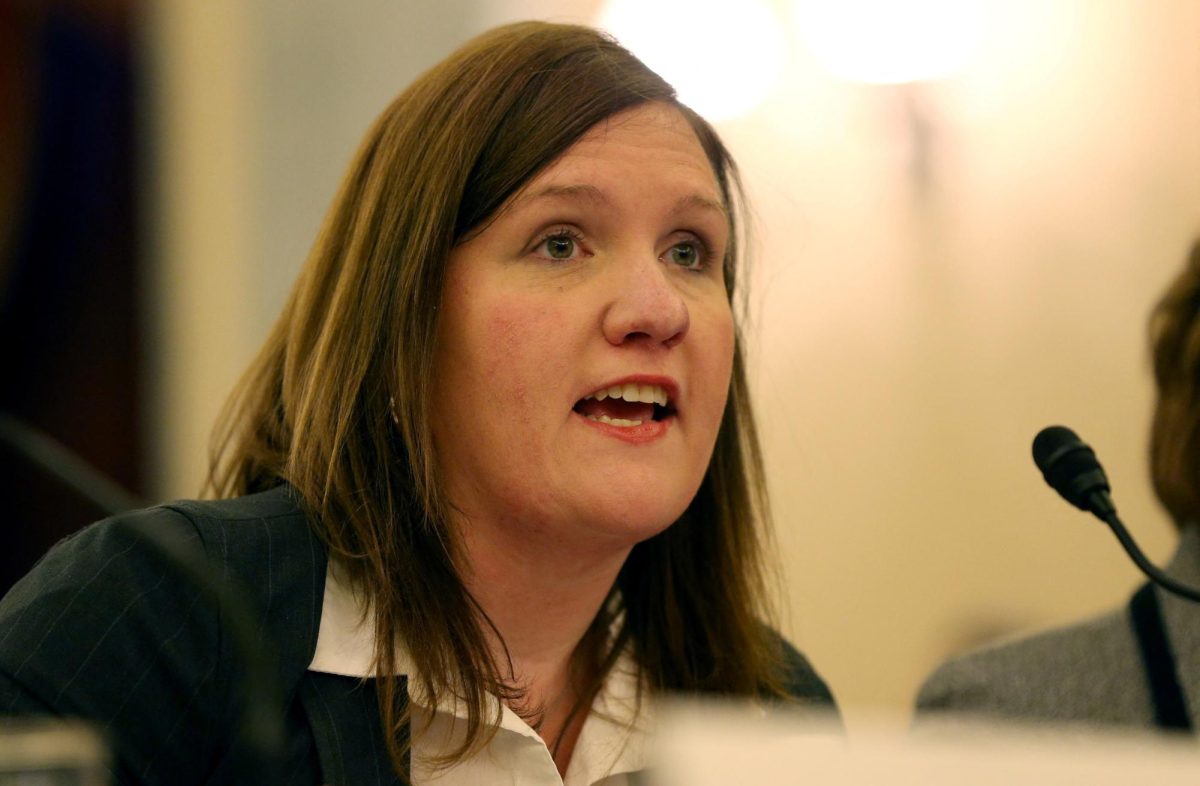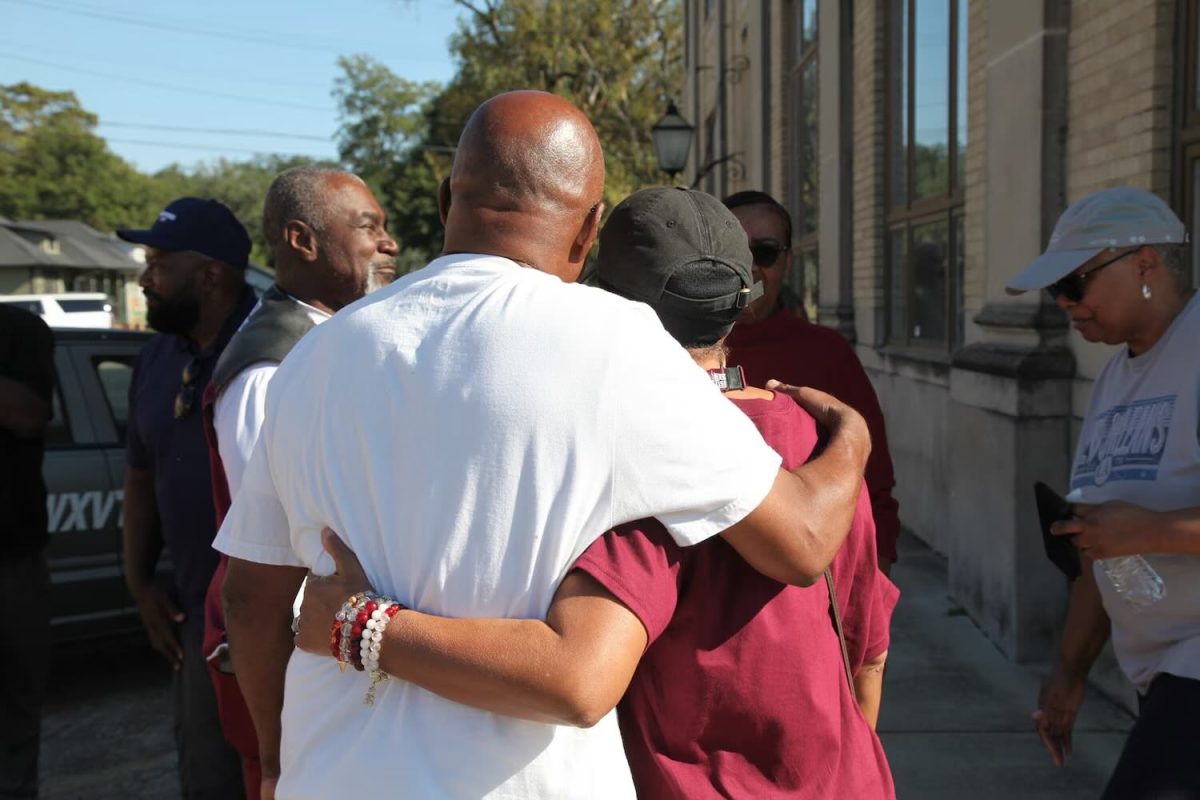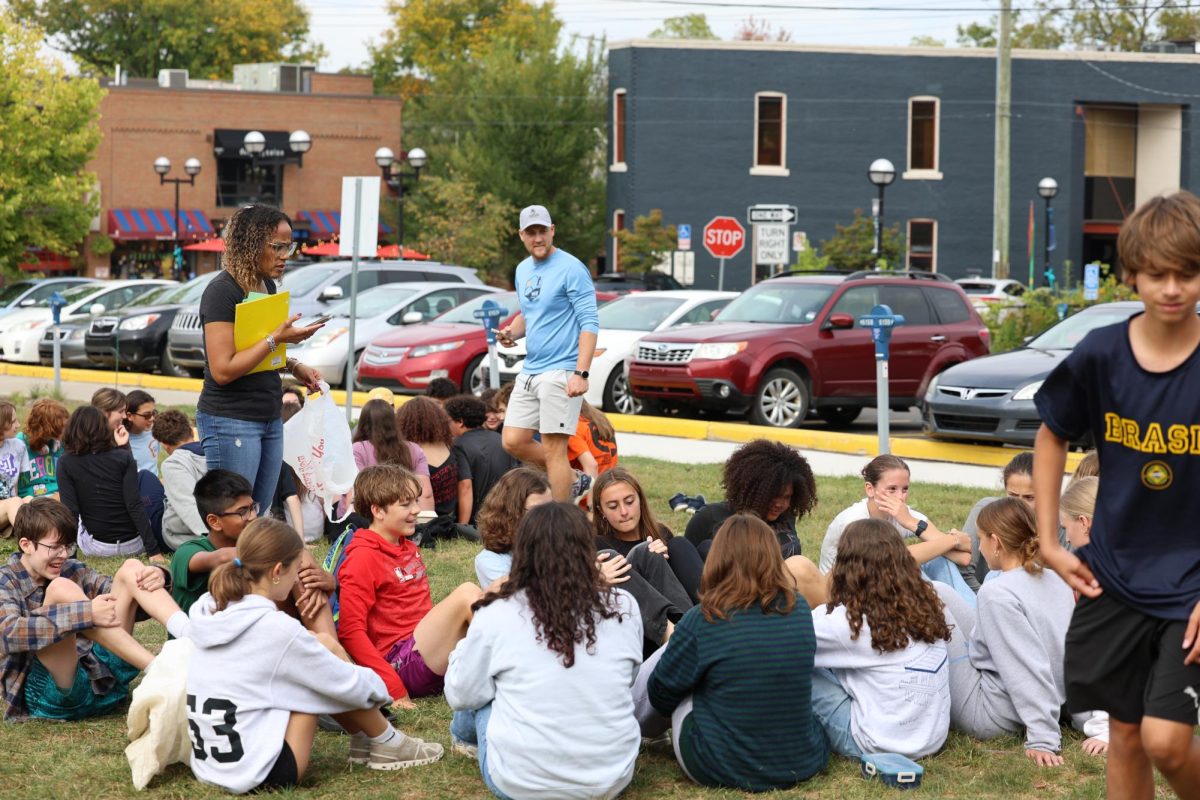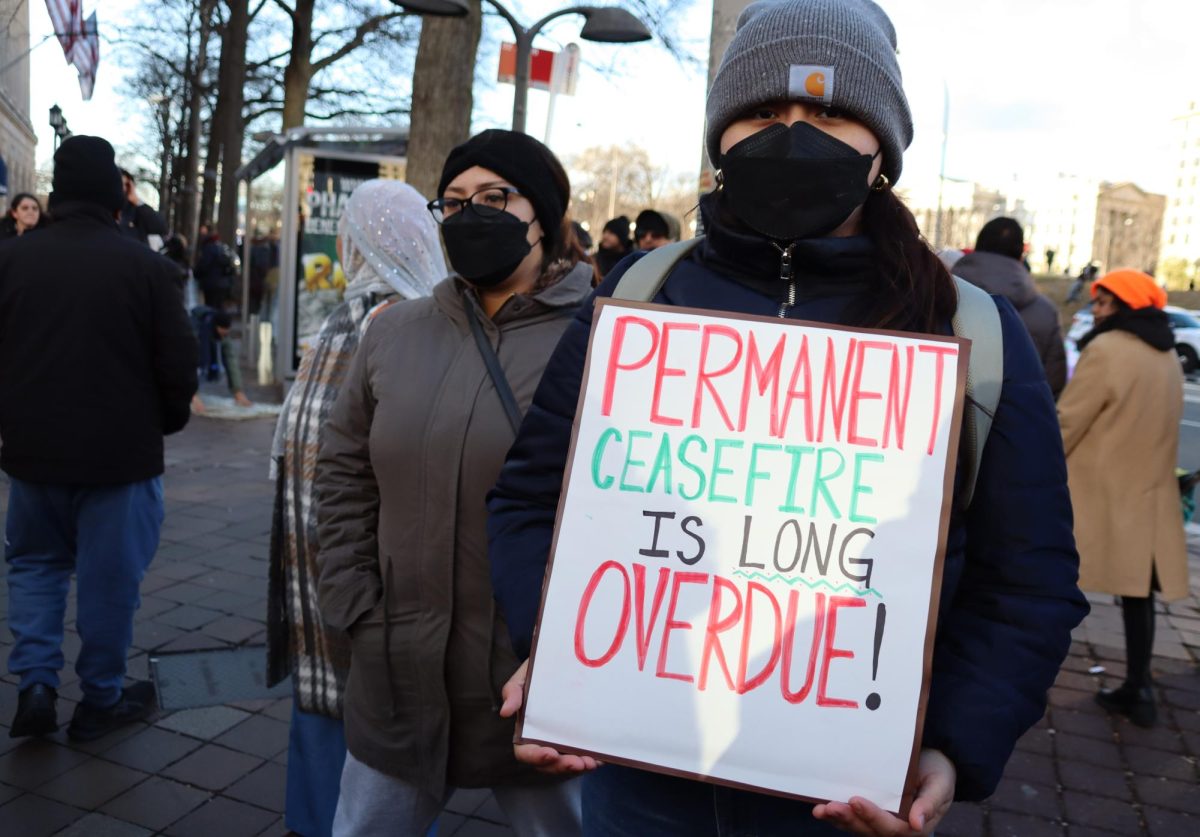“One in every four girls has an STI. If that happened with the flu, schools would be shut down,” said CHS sophomore and peer-ed Mishka Repaska.
It’s statistics like that that the peer-eds have learned and plan to talk to other students about. HIV, AIDS, pregnancies, adoptions, abortions, and sexually transmitted diseases are some of the topics that they have covered in November alone. Starting in December, the peer-ed group will travel to different schools and talk to classes or individual students about sex and answer any questions that the students might have.
“If they’re freaking out, we’re here to provide information to help them through it,” Repaska said.
CHS junior and peer-ed Thea Yagerlener said, “Our mission is to provide education, not to change your views.” The peer-ed group plans on doing just that: to simply inform students of their options. As Repaska put it, “we’re not going to actively push [the topic] down their throats.”
In November, the group met for a collective forty hours, and now plan on meeting regularly on Mondays and Wednesdays for two hours. The peer-ed program is a big commitment, but Repaska and Yagerlener were up for the challenge, which is part of the reason they were chosen over so many people.
The selection process was a long one. The first step was having a phone interview with the leader, Jenny, who had over 200 people call in. Out of those 200, about 16 people were selected to come in for a group interview.
“They would give a situation and asked us what we would do in that situation,” Yagerlener said about the group interview.
Out of the 16 people at the group interview, seven were chosen to become the new additions to the peer-ed program through Planned Parenthood. The group has old peer-eds from previous years and totals to be about 14 or 15 people.

“It’s just really great because like, the whole topic of sex and sexuality is so tabooed, and people really don’t talk about it and we really should,” Repaska said.
Repaska and Yagerlener are excited and prepared to be peer-eds. Although they encourage people to find other resources besides them, they point out that they really know what they’re talking about, and are prepared for questions.
“We’re like a walking textbook,” Yagerlener said.








